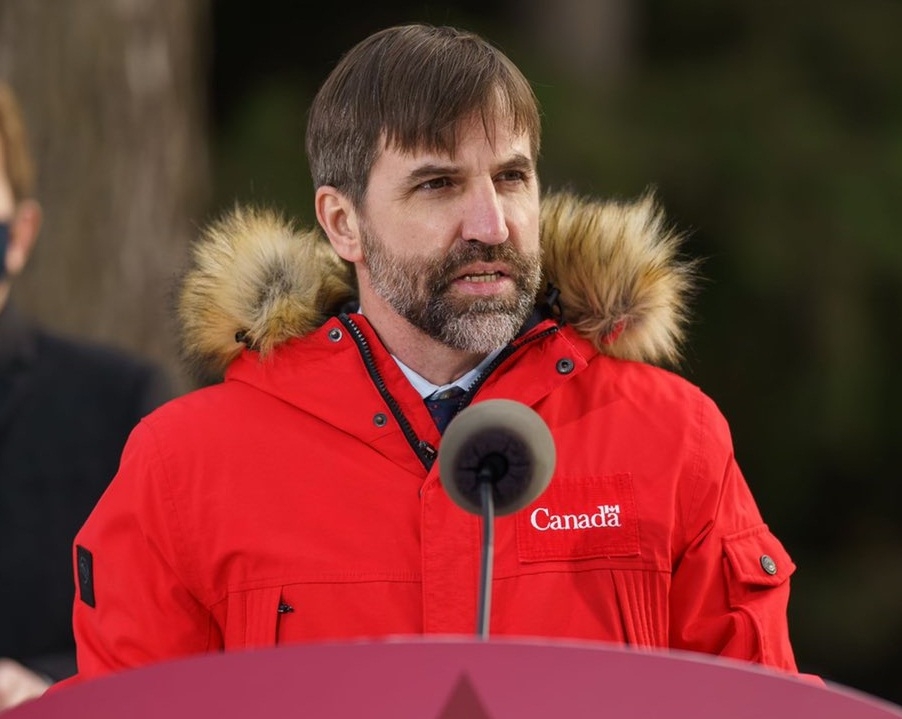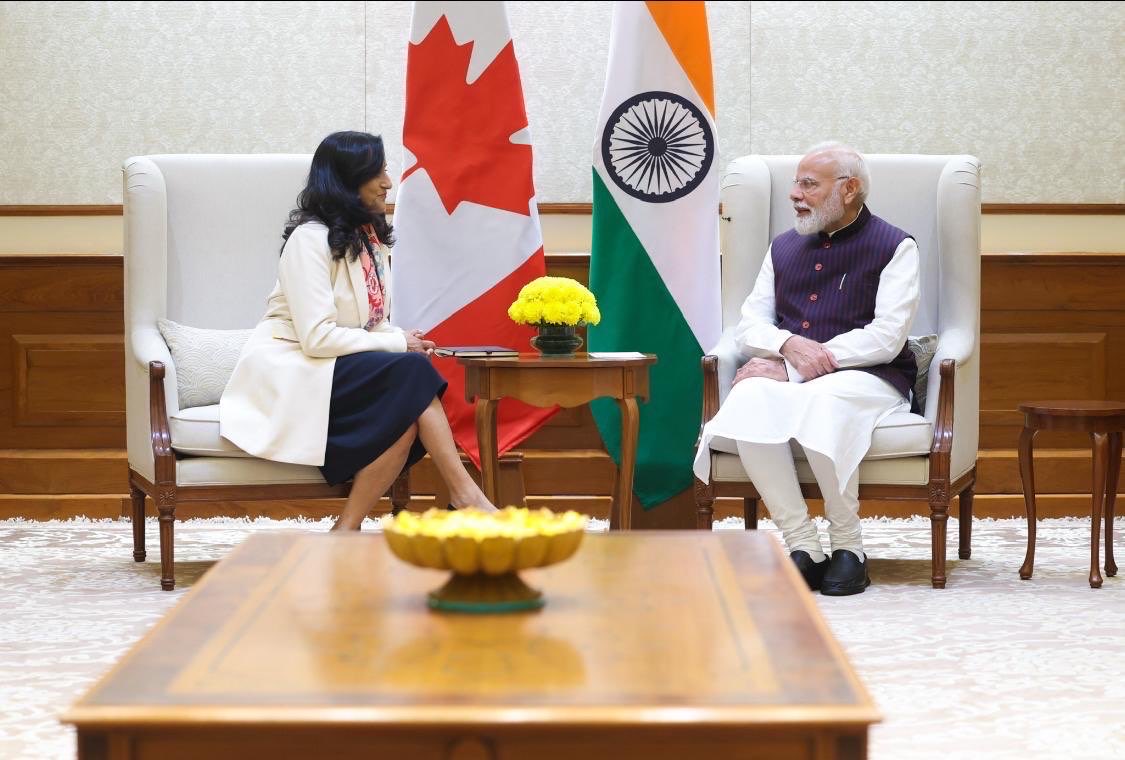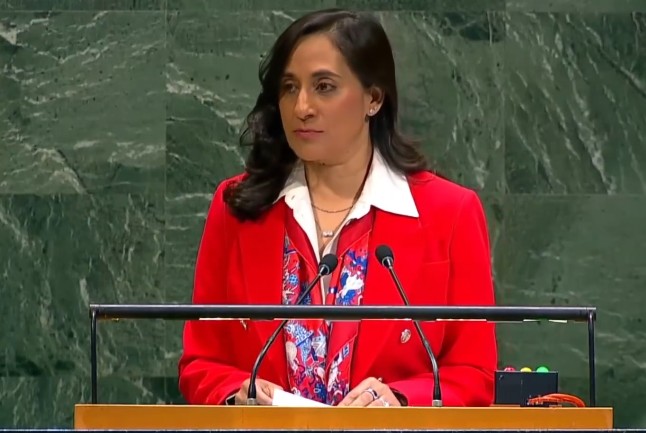The Canadian Minister said the framework also recognises the rights and role of indigenous people, something Canada strongly advocated for…writes Vishal Gulati
In Montreal at the fifth Conference of the Parties (COP15) to the UN Convention on Biological Diversity, the world has come together to land a historic deal to protect nature and biodiversity — a major win for the planet, was the first reaction of Canadian Minister of Environment and Climate Change, Steven Guilbeault.
“The Kunming-Montreal Global Biodiversity Framework is a major win for our planet and for all of humanity, charting a new course away from the relentless destruction of habitats and species,” said Guilbeault, as the historic deal was adopted on Monday (EST time) by 196 countries under the UN Convention on Biological Diversity.
“Just as Paris produced an agreement to keep global temperatures below 1.5 degrees Celsius, in Montreal we have reached an agreement that commits to the protection of 30 per cent of global land and water by 2030.”
“Canada, along with like-minded countries, said from the start that 30 by 30 must be our 1.5 degrees for nature.”
“Science tells us this is the minimum needed to protect the future of our planet.”
“This new framework sets up an unprecedented financial commitment of mobilising at least $200 billion per year from all sources to support the implementation of this ambitious, comprehensive package. Led by Prime Minister Trudeau, Canada made new financial commitments at COP15 that now put us over $1.5 billion in support of nature and biodiversity in developing nations.”
The Canadian Minister said the framework also recognises the rights and role of indigenous people, something Canada strongly advocated for.
“For our part, we took major steps forward in partnership with indigenous communities, including support for new indigenous-led projects that will help us halting and reversing biodiversity loss and achieving 30 by 30 while advancing on the path of reconciliation.”
“As we celebrate today’s historic agreement, it is worth remembering that six months ago we didn’t even know this conference would take place.”
“Up until a week ago, Canada, as well as many environmental groups, could only dream of achieving the level of ambition reflected in the final framework text.”
“This city, this province, and all of Canada, have stepped up to make this happen.”
“Thanks are owed to the UN presidency, led by my counterpart, Minister Huang of China, and to the UN Secretariat, led by Executive Director Elizabeth Maruma Mrema. I was honoured to be entrusted with the role of co-facilitator for ministerial consultations to find the path to the Kunming-Montreal Global Biodiversity Framework.”
“The health of our forests, oceans, animals, and all biodiversity, underpins the very strength and stability of our societies. We cannot take that for granted any longer. Here in Montr�al, we have set a new course. Now it is time to deliver.”
Just ahead of the conclusion of the COP15, Canada imposed the import and manufacture of single-use plastic checkout bags, cutlery, food service ware made from problematic plastics, stir sticks, and straws that are hard to recycle (with some exceptions) from December 20.
The ban on the manufacture and import of ring carriers will enter into force in June 2023.
Over the next decade, the ban on harmful single-use plastics will result in the estimated elimination of more than 1.3 million tonne of hard-to-recycle plastic waste and more than 22,000 tonne of plastic pollution, which is equivalent to more than one million full garbage bags.
The aim of the COP15, which has been delayed for two years due to the Covid-19 pandemic, was to reverse the current trend of biodiversity loss by 2030 and to agree on a post-2020 global biodiversity framework, which is to replace the Aichi Biodiversity Targets that were unsuccessful and expired in 2010.
At the beginning of COP15, host Prime Minister Justin Trudeau announced CAD $350 million for international biodiversity funding, and later Minister Guilbeault popped to the bank for another CAD $255 million, bringing Canada’s grand total to CAD $1.5 billion.
Guilbeault also advocated for $100 billion as the number-rich nations should provide to developing countries for action on nature.














